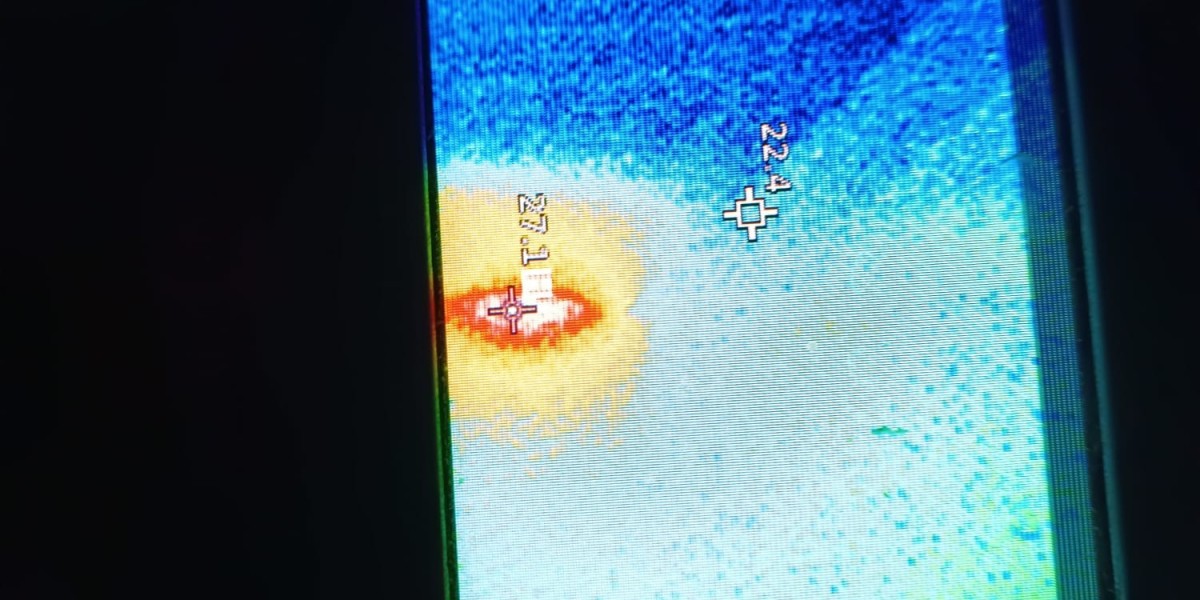Attention Deficit Hyperactivity Disorder (ADHD) is a neurodevelopmental disorder that affects both children and adults. Understanding the ADHD diagnosis process is crucial for individuals seeking clarity and support. This article will guide you through the stages of diagnosis, highlighting what to expect from the initial assessment to the final diagnosis.

Initial Assessment: The First Step in ADHD Diagnosis
The journey towards an ADHD diagnosis typically begins with an initial assessment. This assessment often involves a comprehensive evaluation by a healthcare professional, such as a psychologist or psychiatrist. During this stage, the clinician will:
- Gather detailed information about the individual's symptoms.
- Review the individual's medical history.
- Conduct interviews with family members or teachers, if applicable.
It is essential to provide as much information as possible during this stage. The more detailed the information, the better the clinician can understand the individual's challenges and behaviors. Have you noticed patterns in attention or hyperactivity that concern you? Documenting these observations can be beneficial.
Diagnostic Criteria: Understanding ADHD Symptoms
To reach an ADHD diagnosis, healthcare professionals refer to established diagnostic criteria, such as those outlined in the Diagnostic and Statistical Manual of Mental Disorders (DSM-5). Symptoms of ADHD are categorized into two main types:
- Inattention: Difficulty sustaining attention, forgetfulness, and disorganization.
- Hyperactivity and Impulsivity: Fidgeting, interrupting others, and difficulty remaining seated.
For a formal diagnosis, symptoms must be present for at least six months and must interfere with daily functioning. Understanding these criteria can help individuals and families recognize whether further evaluation is necessary.
Comprehensive Evaluation: What to Expect
Following the initial assessment, a comprehensive evaluation may be conducted. This evaluation often includes:
- Standardized behavior rating scales.
- Cognitive testing to assess attention and executive function.
- Observation in different settings, such as home and school.
This thorough approach ensures that the clinician has a well-rounded view of the individual's behavior across various environments. If you are undergoing this process, remain open and honest about your experiences, as this will aid in achieving an accurate ADHD diagnosis.
Final Diagnosis: Moving Forward
Once all assessments are complete, the clinician will review the findings and determine whether an ADHD diagnosis is appropriate. If diagnosed, a treatment plan will be discussed, which may include behavioral therapy, medication, or a combination of both. It is essential to remember that a diagnosis is not a label but a pathway to understanding and support.
For more information on ADHD and related resources, consider visiting  . This resource can provide valuable insights into managing ADHD effectively.
. This resource can provide valuable insights into managing ADHD effectively.
In conclusion, understanding the ADHD diagnosis process can empower individuals and families. By being informed and proactive, you can navigate this journey with confidence and clarity.






